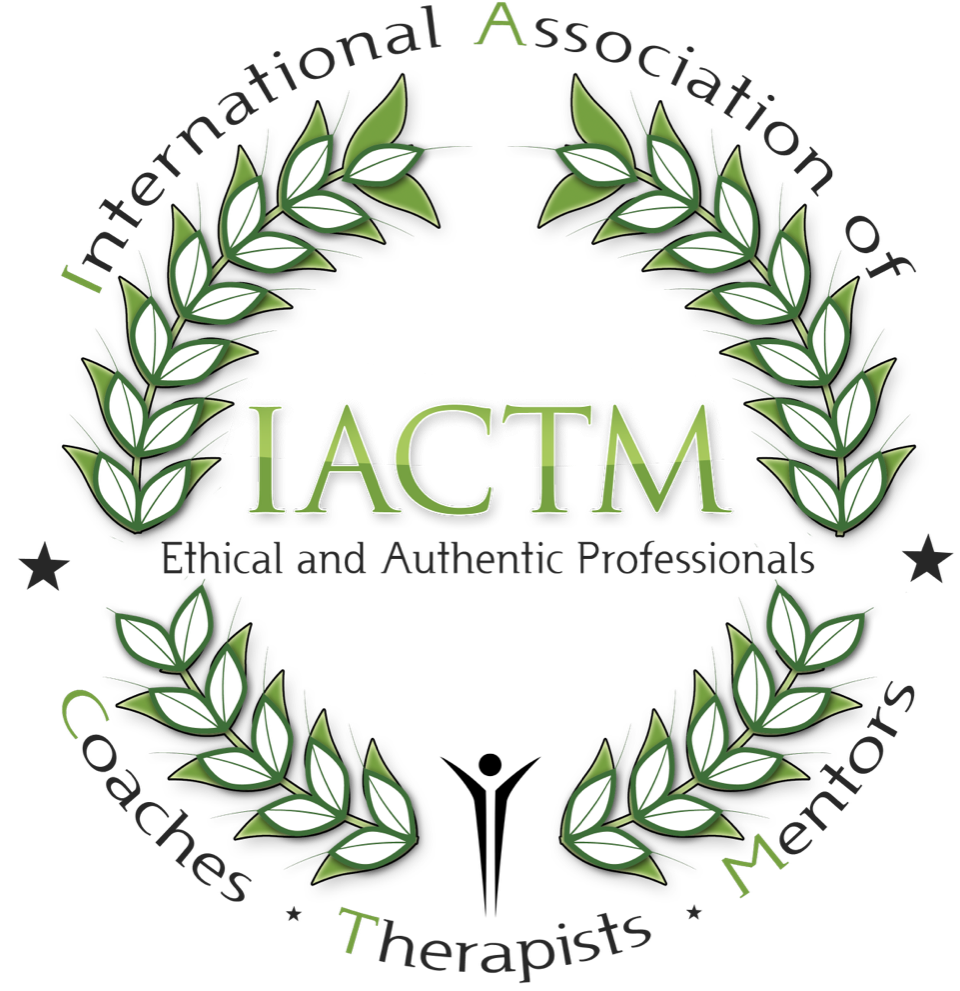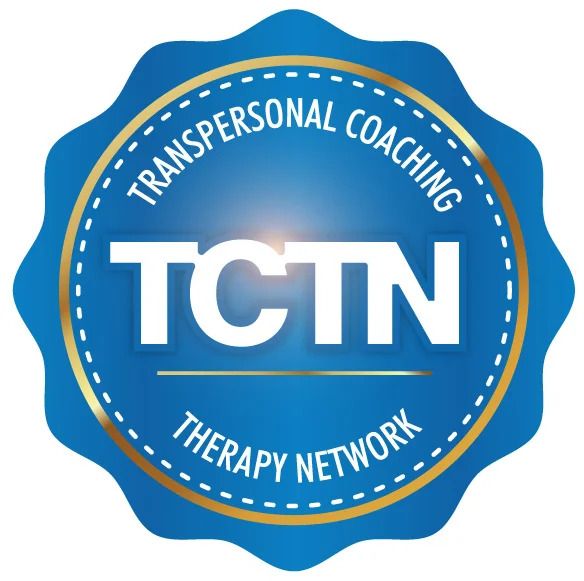Become a Jungian Life Coach
WHAT IS JUNGIAN COACHING?
WHAT SETS US APART
150+ SATISFIED STUDENTS
Program overview
THIS PROGRAM IS IDEAL IF…
TESTIMONIALS
WHAT OUR LEARNERS SAY
"What I loved most was how experiential it was. I left with real-world skills."
Tan
"This was the most impactful training I’ve ever done."
Diane
Pricing
$5,495
$1,930
$970
Get more info
Application process

JOIN OUR FREE Live Session
Get your questions answered.
Thank you!
By the end of this course, you will be able to:
How you will benefit:
Frequently asked questions
The Jungian coaching certification program at the Jung Platform stands out as a unique blend of theory and practice. For those looking to become a certified Jungian life coach, this program provides essential training in coaching skills, drawing from both life coaching practices and Jungian analysis. The course is structured to cater to individuals who may already be practicing as a life coach or those new to coaching but with a strong interest in personal development and good conversational skills.
The program is divided into five modules, plus an introductory and closing event, making up 12 intensive days of training. Each module targets different aspects of Jungian coaching. The first module introduces coaching fundamentals and integrates a Jungian perspective, while subsequent modules cover shadow work, dreamwork, mythology and storytelling, and transformation process. This comprehensive coach training program ensures participants develop the skills needed to guide others through personal growth and psychological exploration.
The program is divided into five modules, plus an introductory and closing event, making up 12 intensive days of training. Each module targets different aspects of Jungian coaching. The first module introduces coaching fundamentals and integrates a Jungian perspective, while subsequent modules cover shadow work, dreamwork, mythology and storytelling, and transformation process. This comprehensive coach training program ensures participants develop the skills needed to guide others through personal growth and psychological exploration.
- Integration of Jungian psychology and coaching skills
- Practical training emphasis
- Shadow work and individuation
The Jungian coaching program is suitable for both experienced life coaches and those new to the field. Participants come from diverse backgrounds, including therapy, social work, and various coaching practices. For those without prior coaching experience, strong conversational skills and a genuine interest in personal growth are essential. The Jung Platform welcomes individuals who are reflective and committed to doing inner work, which is integral to developing as a Jungian coach.
It’s important to note that while familiarity with Jungian theory is helpful, it is not a prerequisite. The program is structured to introduce basic Jungian concepts and demonstrate how they can be applied practically in coaching sessions. This program is focused on you building confidence in your coaching skills, and not about an in-depth academic understanding of Jungian analysis or theoretical exploration.
The application process for the Jungian coaching certification involves submitting a resume and an application letter explaining why the candidate is a good fit for the program. You can send your application email to info@jungplatform.com. The selection committee looks for candidates who possess good conversational skills, have a genuine interest in Jungian psychology, and are willing to engage in deep reflection.
Once accepted, participants have an intake session with course creator, Akke-Jeanne Klerk, co-founder of the Jung Platform. In it, she would like to make sure that you are the right fit for the program. We’ve seen that participants are equally important in shaping the quality of the program. So we want to make sure that people who sign up are reflective and enjoy working on themselves.
The live sessions are facilitated by experienced instructors: Lisa Rambaldo and Elise Allan. The program’s emphasis on live participation ensures that each member of the group benefits from real-time interactions, exercises, and peer feedback.
To earn the Jungian life coach certificate, participants must complete coaching sessions with two test clients, each comprising at least five sessions. These sessions form part of the final evaluation, along with a report detailing the participant’s coaching journey, reflections on challenges faced, and insights gained. This practical approach ensures that graduates of the program not only understand coaching theory but also have tangible experience applying it.
Jungian coaching differs from standard coaching in several ways. Conventional life coaching often focuses on heroic narratives, overcoming obstacles, setting SMART goals, and achieving tangible outcomes. Jungian coaching, however, allows for a deeper exploration of the psyche. Coaches trained in this method are equipped to guide clients through symbolic and non-linear journeys, supporting them in uncovering the underlying patterns in their lives.
This approach can be especially valuable for those who find traditional coaching methods too rigid or goal-oriented. By working with dreams, myths, and archetypes, the Jungian coach helps clients navigate their inner landscapes and align their conscious actions with their unconscious drives. This method respects the natural flow of psychological growth, recognizing that true transformation may involve changes in direction as dictated by the deeper Self.
For those pursuing certification through the International Association for Coaches, Mentors, and Therapists (IACTM), the program provides guidance on logging 40 coaching hours beyond the 10 mandatory sessions for the final report. Building a robust coaching practice involves not just practical training but also engaging with continuous self-reflection, a skill that the program fosters through its structure.
Participants in the Jungian coaching program develop not just coaching skills but also an understanding of how to create a coaching practice that reflects their individual strengths and interests. The program includes coaching practice with peers, feedback from facilitators, and continuous opportunities to refine one’s approach.
In summary, the Jungian coaching certification offered by the Jung Platform is a transformative journey that combines coaching training with the profound insights of Jungian psychology. Whether you’re an experienced life coach looking to deepen your practice or a newcomer interested in becoming a Jungian coach, this program provides the skills, knowledge, and reflective practices needed to facilitate meaningful change in others.



